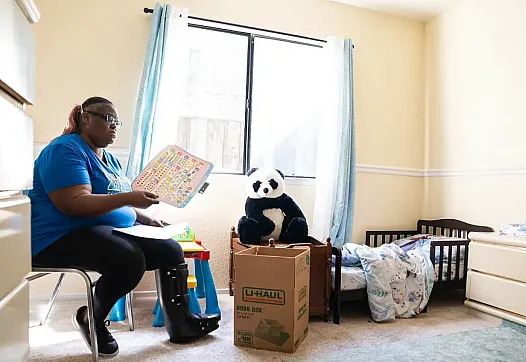
A journalist examines the child welfare system’s racial disparities, its generational impact on Black families, and community solutions amid funding cuts and the need for reforms.

A journalist examines the child welfare system’s racial disparities, its generational impact on Black families, and community solutions amid funding cuts and the need for reforms.

Residentes de un parque de casas móviles en Hughson enfrentan contaminación del agua con nitratos y uranio, sin acceso seguro ni soluciones inmediatas pese a advertencias estatales.
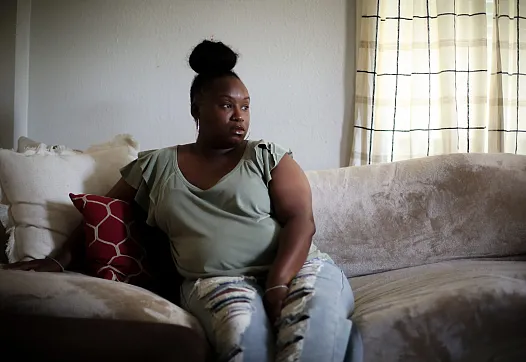
Private foster care and adoption agencies in Texas are brokering contracts for moms to turn over their children in a murky legal world, spawning protracted civil custody battles.
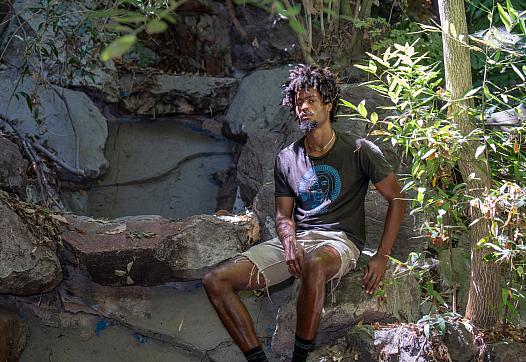
For many young people, peer support can be the first step to accessing effective mental health care.
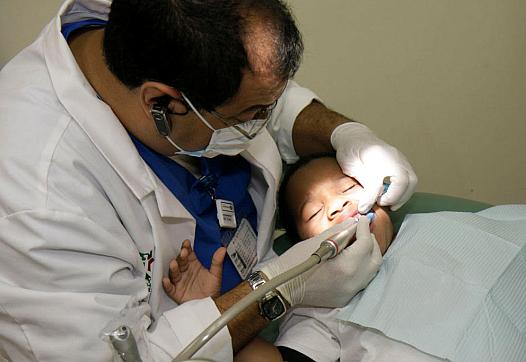
Federal policy upheavals and massive budget cuts are poised to make dental health worse, but the issue gets scant attention in the media.
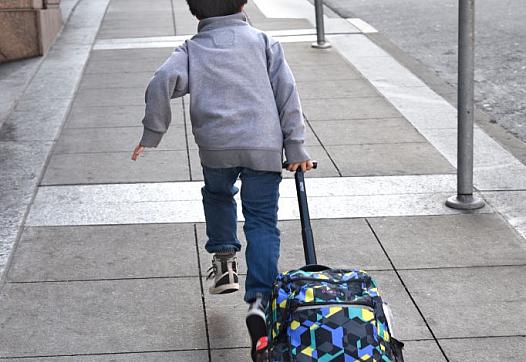
Asian families in NYC’s foster system face invisibility due to poor data and cultural stigma, leading to lasting harm and overlooked reunification struggles.

Leonard Wilson’s journey with hypertension reveals how systemic racism, stress, and poor access to care heighten health risks for Black Americans.
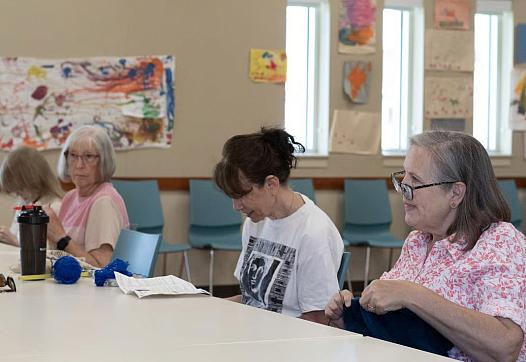
Menopause care often lacks doctor training and patient support. New legislation in California aims to improve education and access, especially for women of color facing systemic gaps in treatment.
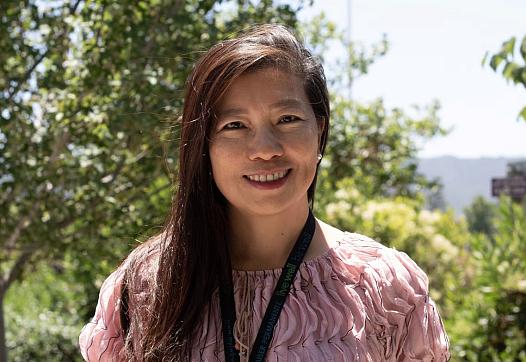
Lack of menopause research, especially for women of color, limits treatment. Advocates are pushing for more funding, with studies like SWAN working to close the gap.

Many with menopause symptoms miss treatment due to high costs and insurance denials. A California bill seeks to mandate coverage, challenging prior authorization barriers imposed by insurers.